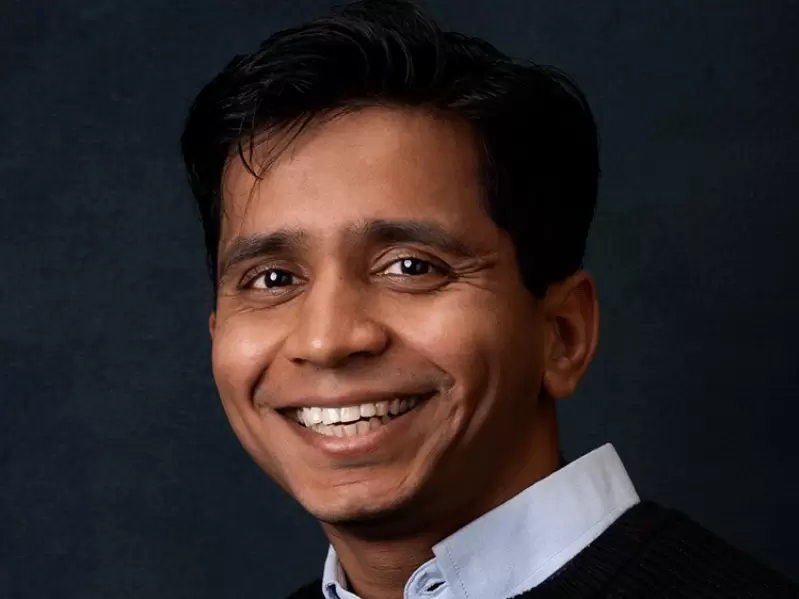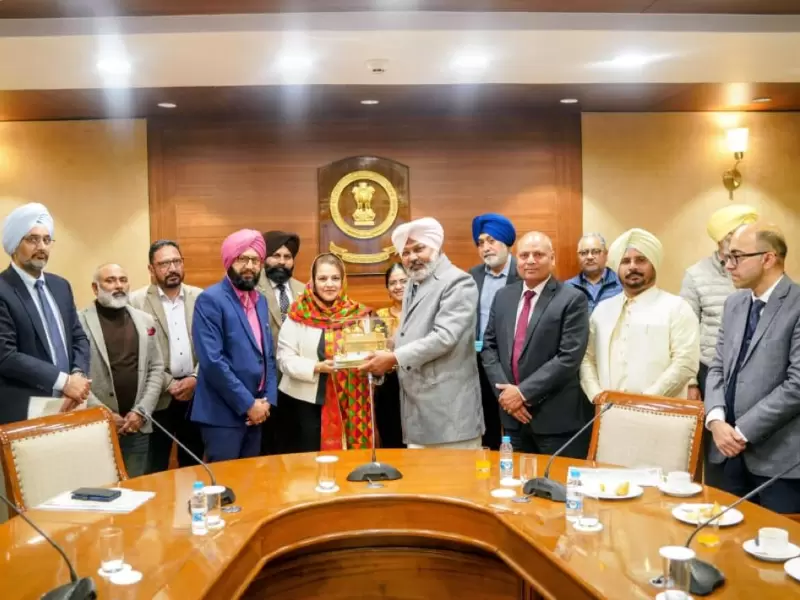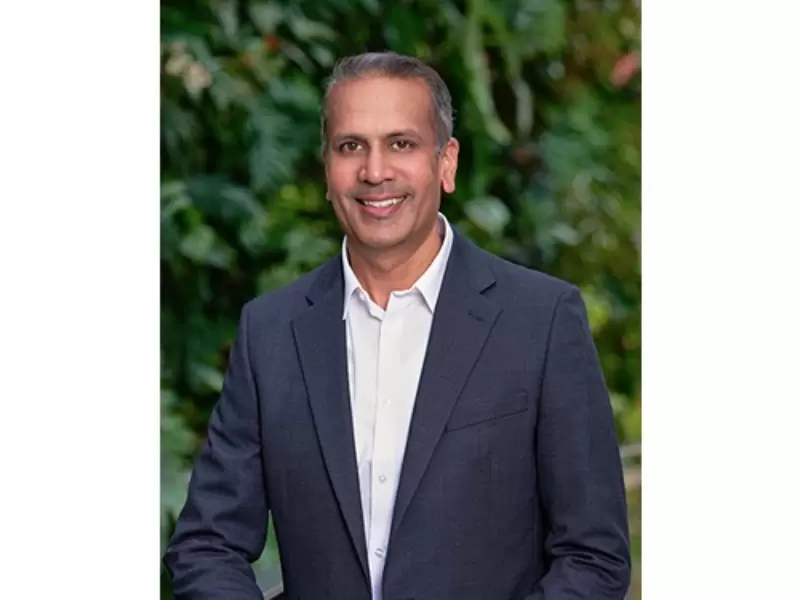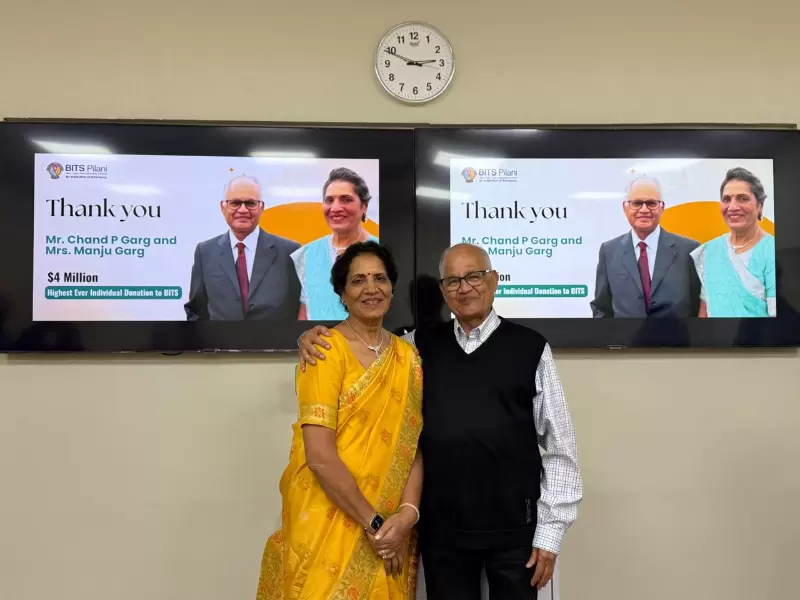Akash Gupta joins Princeton’s Society of Fellows
The Indian-origin astrophysicist and IIT alumnus will pursue interdisciplinary research on planetary evolution and life.
 Akash Gupta. / Princeton University
Akash Gupta. / Princeton University
Akash Gupta, an Indian-origin astrophysicist and alumnus of the Indian Institute of Technology (IIT) Kanpur, has joined Princeton University’s Society of Fellows in the Liberal Arts as part of its 2025–28 cohort.
Gupta, who earned his Ph.D. in planetary science from the University of California, Los Angeles, has been appointed jointly in Princeton’s Departments of Astrophysical Sciences and Geosciences. His research explores the origin and evolution of Earth- and Neptune-like planets through a combination of theoretical modeling and computational techniques.
A planetary astrophysicist by training, Gupta investigates the physical, chemical, and dynamical processes that determine how planets form and evolve — and how these processes might lead to environments capable of supporting life. His work integrates mathematical modeling, quantum-mechanical simulations, and machine-learning algorithms to study planetary atmospheres and interiors.
ALSO READ: Five Indian scientists honored with 2025 Blavatnik Awards
Before joining the Society of Fellows, Gupta held several fellowships at Princeton, including the 51 Pegasi b Fellowship, the Harry H. Hess Postdoctoral Fellowship, and the FFPS Fellowship.
Established in 1999 through a gift from the late trustee Lloyd Cotsen and the Humanities Council’s leadership, the Society of Fellows promotes interdisciplinary collaboration among postdoctoral scholars and Princeton faculty in the humanities and related social sciences. Fellows serve three-year terms, teaching one course per semester while pursuing independent research and participating in seminars and workshops.
“We have a wonderful new group of fellows joining us this year,” said Yelena Baraz, director of the society and professor of classics. “Their research profiles highlight the chronological, geographical and methodological breadth of the society.”
Baraz added that the fellows are already active participants in the academic community. “They are engaging in our weekly seminars, and I look forward to hearing them present their work.”
Since its founding, the society has welcomed 128 fellows to Princeton. The 2025–28 cohort, drawn from across the humanities and social sciences — and including an astrophysicist — continues the society’s mission of fostering intellectual exchange across disciplines.
ADVERTISEMENT
ADVERTISEMENT
E Paper
Video




 Pranavi Sharma
Pranavi Sharma













Comments
Start the conversation
Become a member of New India Abroad to start commenting.
Sign Up Now
Already have an account? Login